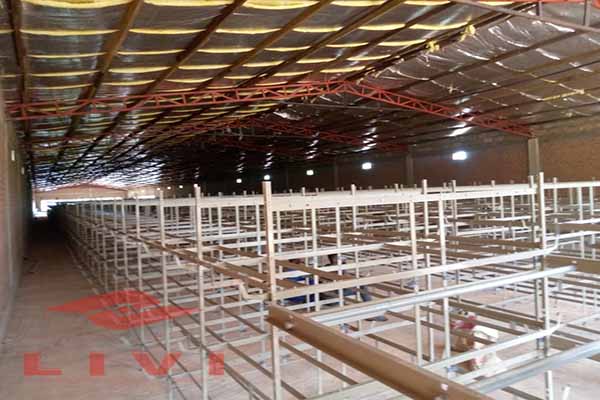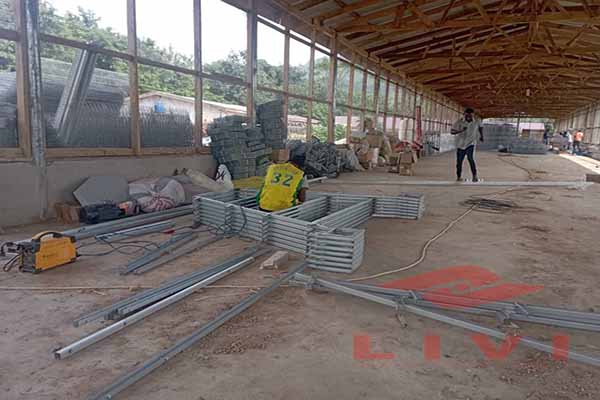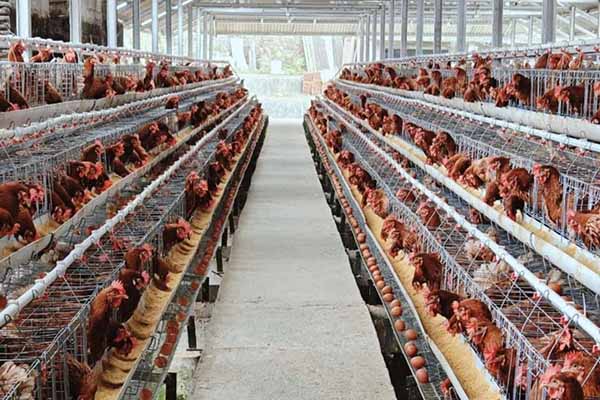The Ideal Temperature for Poultry Farming: What Every Farmer Should Know
One of the critical factors in the success of poultry farming is maintaining the right temperature. This not only ensures the health and well-being of the birds but also optimizes the productivity of the farm. In this article, we will discuss the ideal temperature for poultry farming, factors that influence temperature regulation, and the equipment used to achieve this ideal environment.

The Importance of Temperature Control
Poultry, particularly chickens, are sensitive to temperature changes. Extremes in temperature can lead to health issues, decreased growth rates, and increased mortality rates. A consistent and optimal temperature range is crucial for efficient poultry farming.
According to a study published in the Poultry Science journal, the ideal temperature for poultry farming is generally between 18-22°C (64-72°F) for the first two weeks of life, gradually decreasing to 16-18°C (60-65°F) as the birds mature.
Factors Influencing Temperature Regulation
Several factors must be considered when setting and maintaining the ideal temperature for poultry farming:
- Age of the Birds: Young chicks are more susceptible to cold, while mature birds are more tolerant to cooler temperatures.
- Breeding Systems: Brooding systems, such as automated chicken cages, can significantly impact temperature distribution and must be carefully selected and maintained.
- Insulation: Proper insulation in the poultry house helps retain heat during cold weather and reflects heat back during hot periods.
- Airflow: Airflow is important for maintaining a uniform temperature and reducing heat stress on the birds.
Equipment for Temperature Regulation
Modern poultry farming equipment, such as:
- Heating Systems: heaters like infra-red lamps, heat lamps, and water heaters are essential for keeping chicks warm.
- Cooling Systems: Fans, evaporative coolers, and exhaust fans help maintain the desired temperature during hot weather.
- Air Circulation Units: these help in even temperature distribution throughout the poultry house.
Among these, automated chicken cages are particularly beneficial as they allow for individual temperature control for each bird, ensuring the well-being of all chickens regardless of their size or location within the cage.

Conclusion
Maintaining the ideal temperature for poultry farming is crucial for farm profitability and bird welfare. By considering age, breeding systems, insulation, and airflow, and investing in appropriate poultry farming equipment, farmers can create an optimal environment for their chickens.
For more information on achieving the perfect poultry farming conditions and the lat est poultry farming equipment, contact us today. We offer free chicken house design plans and equipment quotations to help you get started.
est poultry farming equipment, contact us today. We offer free chicken house design plans and equipment quotations to help you get started.




